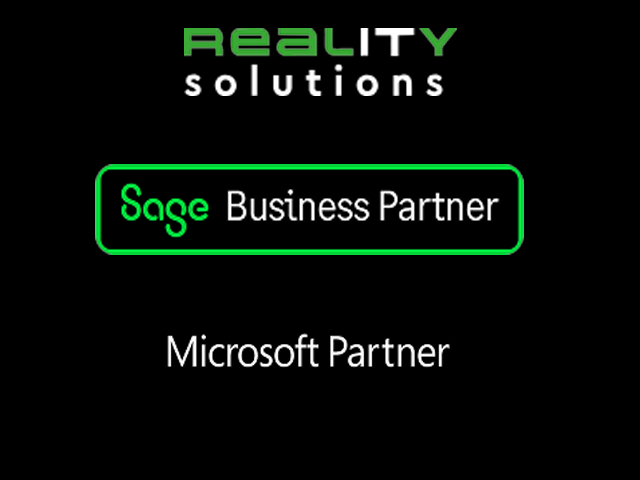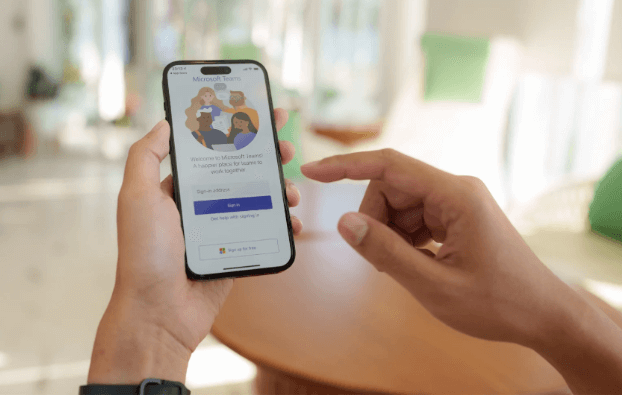You’ve probably heard the term VPN bandied around quite a lot recently.
With many people working from home at the moment they are becoming increasingly commonplace particularly for employees working remotely.
But why is that and what does VPN stand for?
A Very Personal Number? Very Private Naughtiness? Virtual Pen Name?
Urm… well no, although we’ll talk a bit more about very private naughtiness below. VPN stands for Virtual Private Network.
We’ve talked about them briefly before but we thought it would be a good idea to delve into them further.
Here’s everything you need to know about VPN’s and how to use them to your advantage.

WHAT IS A VPN?
Security and privacy are growing concerns amongst internet users and organisations alike. With people working from home more, the risks to company data are greater.
A VPN or Virtual Private Network is primarily a way of accessing the internet in private.
Your VPN provider creates a tunnel between where you are (your server) and a location of your choice. All your internet traffic then comes from this place. It is as if you are using the internet at that IP address.
This could be a specific physical location that has a different IP address or it could just be the VPN server. Either way, all the data that passes through the tunnel whilst using the VPN is encrypted.
That means it’s inaccessible to hackers, the government or even your internet service provider (ISP).

HOLD ON… ISN’T THAT ILLEGAL?
Having your internet browsing hidden from authorities and accessing IP’s normally restricted by your ISP, may seem suspicious. There are also common misconceptions about VPN’s.
However, using a VPN is completely legal.
Using one for illegal activities, unsurprisingly, is not. This would be the Very Private Naughtiness.
We don’t need to go into details but they can unfortunately be used for a number of illegal and harmful activities – accessing restricted material, hacking and scamming.
Trustworthy VPN providers don’t condone any of this and have robust usage policies which make it clear where they stand.
Like anything, VPN’s can be misused, but it is a misconception that they are primarily used for bad things. The vast majority of use cases are perfectly legitimate and are a way of providing the individual user with greater freedom and increased privacy.

WHAT ARE THE MAIN BENEFITS OF A VPN?
SECURITY
With so many threats to cyber security out there, it’s no wonder people are so keen to use VPN’s.
With the proper encryption, everything you do whilst using a VPN is safe from hackers on the prowl looking for your data. You can have peace of mind whilst browsing and share sensitive data with your colleagues.
It’s particularly valuable with online communication. Whether that’s video calling or messaging over the likes of Zoom or Microsoft Teams. Any time you are connecting from a remote location it’s a good idea to use a VPN to do this.

PRIVACY
The other slightly less malicious but nonetheless concerning threat is the one from big tech corporations. Whether we like it or not, so much of our browsing data is farmed by the likes of Google.
If you want to keep Google from tracing your steps on the internet, you can do this using a VPN.
Greater privacy whilst browsing has a number of other potential benefits too. A great example is getting the best deals online. Often when buying things online, the price will change dependant on your location or how many times you have visited a site.
With a VPN you can access other locations with different prices but also do more browsing, safe in the knowledge that you won’t be penalised on price for shopping around.

UNLOCK THE INTERNET
One of the most popular consumer uses for VPN’s is to access content that is restricted by your location.
This is particularly common with services like Netflix, Hulu and the BBC (in other territories) who geo-block their content. A VPN allows you to jump over these barriers and access the content you want by appearing as if you are in those territories.

WORK REMOTELY
The reason why they are becoming more popular at the moment and why we strongly recommend implementing them in your organisation is that they enable safer and more efficient remote working.
One of the disadvantages of working from home as opposed to the office is that you are not on the company network and won’t have the same access to the programs that you use on a regular basis.
By setting up a VPN on your device, you will be able to access the tools you normally use as if you were sitting in the office.
This is on top of the major security benefits that we mentioned above.

HOW TO USE A VPN SAFELY
A VPN is not automatically safe. They are still a potential entry point into your organisation and your own personal data.
If you’re accessing one from home, then a hacker could still try and get in, when you attempt to log on. Using two factor or multifactor authentication is vital to ensure that you’re logging on to the VPN as securely as possible.
Choosing the right VPN is also an important consideration. There are numerous trusted providers which are used all over the world. Most come with a cost but it’s definitely worth it.
Nothing is free and if you’re not paying for it in money, you’ll be paying for it in data. Although this kind of defeats the object of using one, some VPN’s will keep usage logs, meaning that the traffic is not entirely private.
The best and most trusted providers include ExpressVPN, NordVPN, SurfShark and CyberGhost. There are many others but check out this guide for more information.
We reckon the best you can get for your organisation is SonicWall SSL VPN. This works in conjunction with SonicWall UTM Firewalls which is an all in one package that will ensure all your online remote activity is secure and encrypted.
It’s a powerful tool and will make sure that wherever you’re working, you’re safe from hackers.
If you want to know more about this product or aren’t sure how to set up a VPN then get in touch.



